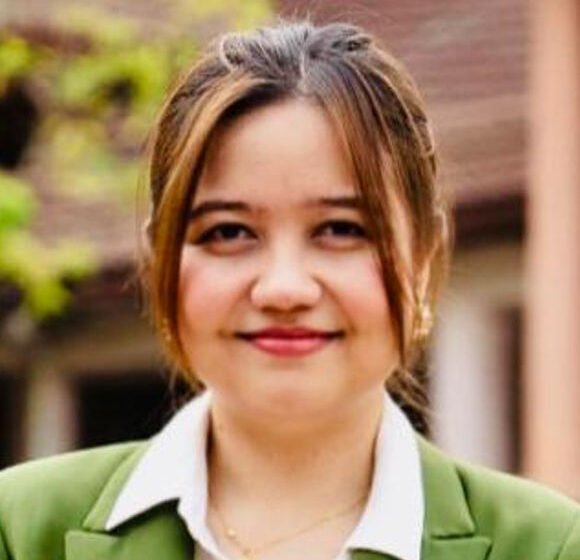Panel 7: Safeguarding Subsea Cables as an Emerging Security Challenge - KAS Philippines Special Panel
Panel Discussion

PATRICK ZOLL
Correspondent for Geopolitics in the Indo-Pacific, Neue Zürcher ZeitungPanel Chair

DR. SU WAI MON
Research Fellow, Centre for International Law, National University of SingaporePanelist

MUHAMMAD WAFFAA KHARISMA
Researcher, Department of International Relations, CSIS IndonesiaPanelist

DR. BICH TRAN
Adjunct Fellow, Center for Strategic and International Studies (CSIS); Nonresident Fellow, WPSPanelist
Subsea cables form the backbone of global telecommunications and the internet, enabling the essential and day-to-day functions across governments, businesses, and broader society. In 2010, the United Nations described submarine communication cables as “critical communications infrastructure” and “vitally important to the global economy and the national security of all states.” Given the crucial role of subsea cables in the modern world and the challenging environment in which they are situated, these vital infrastructures are inherently vulnerable to a wide range of risks, both intentional and accidental. In addition, the recent uptick in damage reports related to subsea cables in the Baltic Sea and Taiwan has heightened concerns of sabotage amid intensifying geopolitical conflicts. Within this context, this panel will assess this emerging maritime security issue and address the following questions:
- What is the current security status of undersea cables traversing regional waters?
- What is the role of maritime Southeast Asia in the global subsea cable network?
- What institutional mechanisms exist within ASEAN to protect subsea cables from threats such as espionage, sabotage, and accidental damage?
- What policy gaps remain, and what challenges must be overcome?
- What lessons can be drawn from similar incidents in other regions such as the Baltic Sea and Taiwan?